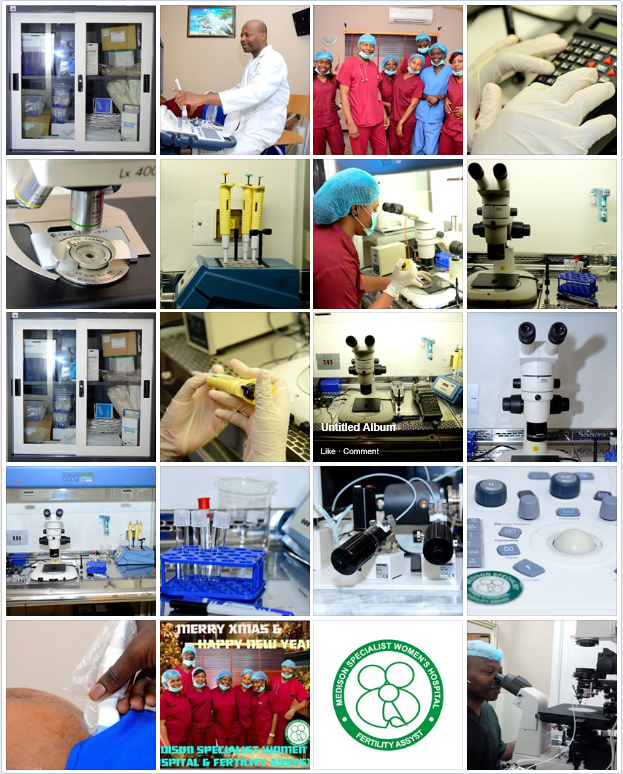WHEN TO OFFER IVF by Dr Lateef Akinola @fertilityassyst
Infertility is often associated with unacceptable level of personal stigma, personal stress that could manifest physically, and directed towards others at home, work and within or outside the family. It is a common clinical condition worldwide, with 10% to 15% of couples affected, that is, about 1 in 6 couples or more than 80 million couples suffers from the condition worldwide. The advent of IVF have revolutionize fertility treatments and brings succour to many couples that have infertility. However, IVF as the final treatment pathway is very effective and is not necessarily the first point of call in the treatment hierarchies.
WHEN THEN DO WE OFFER IVF? It is indicated in the following clinical conditions…
- MALE factors – low sperm count, high percentage of abnormal forms of sperm, abnormal value of sperm DNA fragments, impotence, in some cases of retrograde sperm ejaculation
- After 3 to 4 unsuccessful intrauterine sperm inseminations
- FEMALE factors
– Fallopian tubal blockage for example from sexually transmitted infections- Chlamydia- or gonorrhoea-related, severe stage three/four pelvic endometriosis.
– Ovulation disorders, polycystic ovarian syndrome (PCOS), advanced maternal age, endometriosis
– In some advanced stages of pelvic endometriosis with or without blockage of the fallopian tubes
– Women with very low egg reserves either due to advanced age (over 40s for example) or surgically induced.
– Unexplained infertility (no known cause of infertility found in the couple after about two to three years of not achieving spontaneous pregnancy or following fertility medications and TSI or IUI). This accounts for about 10% of infertility cases.
– Women who needs egg donation for the following reasons premature ovarian failure, premature menopause or physiological menopause, surgically indicated excision of both ovaries, familial genetic aberrations and abnormalities, repeated ivf or implantation failures.
- HOWEVER…
- IVF is usually not the first line of fertility treatments. Once a couple’s fertility treatment is necessitated from various fertility tests and laboratory investigations… it is advisable oftentimes to start thus…
- FIRST LINE: counselling and lifestyle modifications please see our previous publications (http://themedisonhospital.com/service/ivf-and-fertility/make-haste-while-your-fertility-sun-shines/ and https://themedisonhospital.com/ivf-and-fertility/. COUNSELLING about what fertility treatment entails, the pros and cons, the side effects of treatments especially those involving surgical and medical treatments including ovarian hyperstimulation syndrome, IVF cycle cancellation, multiple gestation and steps to prevent such treatment complications.
- Second line treatment with either fertility enhancing medications alone or combined with fertility hormone injections. Specifically, in patients with polycystic ovarian syndrome (PCOS) – a mild surface laparoscopic (key-hole) ovarian diathermy punctures is also advisable and indicated in resistant or failed medical treatments with fertility drugs. The woman’s ovarian follicular growth are monitored by periodic ultrasound scans, the so called ‘follicular tracking’. Once the eggs are matured enough, a trigger hCG injection is given and about 36 hours after this, the couple can proceed to either timed sexual intercourse (TSI) or intrauterine sperm insemination (IUI). In these cases the fallopian tubes must not be blocked.
- If all the above failed, then the third line treatment IVF is then advised. Very effective. It is estimated that well over five million babies have been born using IVF treatment modalities. This treatment modality should be given only by well-trained and qualified specialists after diligent investigation and counselling.
- www.fertilityassyst.com
